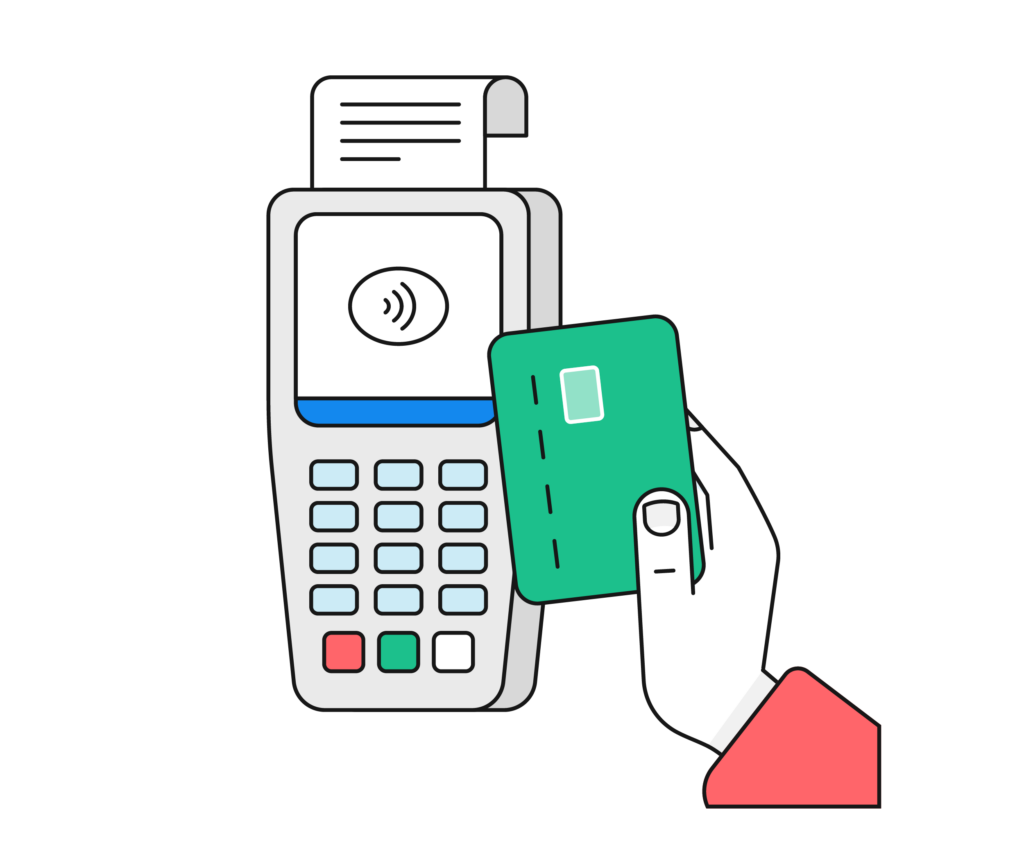Interchange
First, let’s look at Interchange.
What is interchange? The rate that the credit card brand and issuing banks charge for every credit card transaction.
Anytime someone uses a credit card for example a Visa card, Visa will charge an interchange fee.
Many things will affect the interchange rate. Some of these include the type of business accepting the card. Interchange also varies based on different credit card types and brands. Debit cards carry a lower Interchange rate vs a Credit card. If the transfer is online or not.
This system of categorization of transaction types is called interchange. The schedules, fees, and categories that credit card (Visa, MasterCard, and Discover) transactions fall in are reviewed and announced twice a year.
A wholesale transaction rate is determined based on the criteria outlined in these fee schedules. Currently, between Visa, MasterCard, and Discover, the categories of interchange fees number over 500. Understanding how it affects your merchant account pricing model can save you a ton of money.
In addition, there is a small percentage that a processor charges in addition to the interchange.
Two of the most common ways for a business to pay for credit card processing are Flat Rate and Interchange Plus (also known as Cost Plus).
Transactions
Next, let’s review what a transaction is: A transaction does not only refer to a customer swiping and charging a card. It can refer to any interaction between the merchant and the processing bank. One example is when a card is refused, the merchant will pay a transaction fee. There are numerous transactions and numerous associated fees.
Flat Rate
Flat Rate Price means every transaction has the same processing cost. This price will include the Interchange cost to run a transaction plus any additional fees to get one consistent rate.
For a Flat Rate provider, a merchant can be approved to start accepting credit card payments in minutes.
As a business owner you want to get the best price and available discounts whenever possible.
An example where paying a Flat Rate will cost you more would be a Debit Card. Because they have a lower risk, they also have a lower Interchange cost. If you pay a flat rate you end up paying more for these lower risk transactions.
There are pros and cons to a Flat Pricing method.
Pros:
- They are simple to understand making this option is great for a startup business that hasn’t yet qualified for an individual merchant account and processing under 20K a month of Credit Card transactions.
Cons:
- You end up paying a higher overall credit card processing rate.
- You will not have Interchange returned for refunds.
- There is added risk of held funds.
- Any debit pricing is not passed onto your business.
Overall not the most cost-effective option for a more mature business that has a high processing volume.
Interchange Plus Pricing charges the Interchange cost plus a flat markup per transaction.
As a business owner you will be required to have a proper merchant account. Improper merchant underwriting may cause funds to be held, limiting your cash flow.
Interchange pricing will also give you interchange refunds when you give a customer refund for a purchase.
Interchange plus rates will give you a clear merchant statement with lower average transaction costs. This is because you will not have a higher flat rate for every transaction.
An example:
A swiped card on Interchange plus has a rate of 1.6% (1.51% in Interchange plus 0.09% provider markup). If you have something like PayPal which uses a flat rate, you will be charged 2.7% for all swiped transactions. This is 1.1% more on every transaction.
Reviewing Pros and Cons
Interchange Plus Pricing
Pros:
- There is no risk of held funds.
- As a merchant you will receive true debit pricing.
- Interchange is returned on refunds.
- You receive cost effective wholesale pricing.
- Your processor will take time to review your business and provide a long-lasting solution
Cons:
- Interchange plus is tailored for each business, making the application process longer, onboarding can take 24 – 48 hours.
- For a newer business with a lower volume of processing, you might not qualify for the individual merchant account. This would make Flat rate your best (or only) option.
For a business with high processing volume Interchange Plus Pricing is the better choice.
So, what is the best option for your business?
It depends on your type of business and the what your credit card requirements are.
Flat Rate: Great option for a startup business. This option is easy to get started. You will be accepting payments in a matter of minutes.
Interchange Plus: When your business increases moving to Interchange Plus credit card processing can save thousands in fees.

